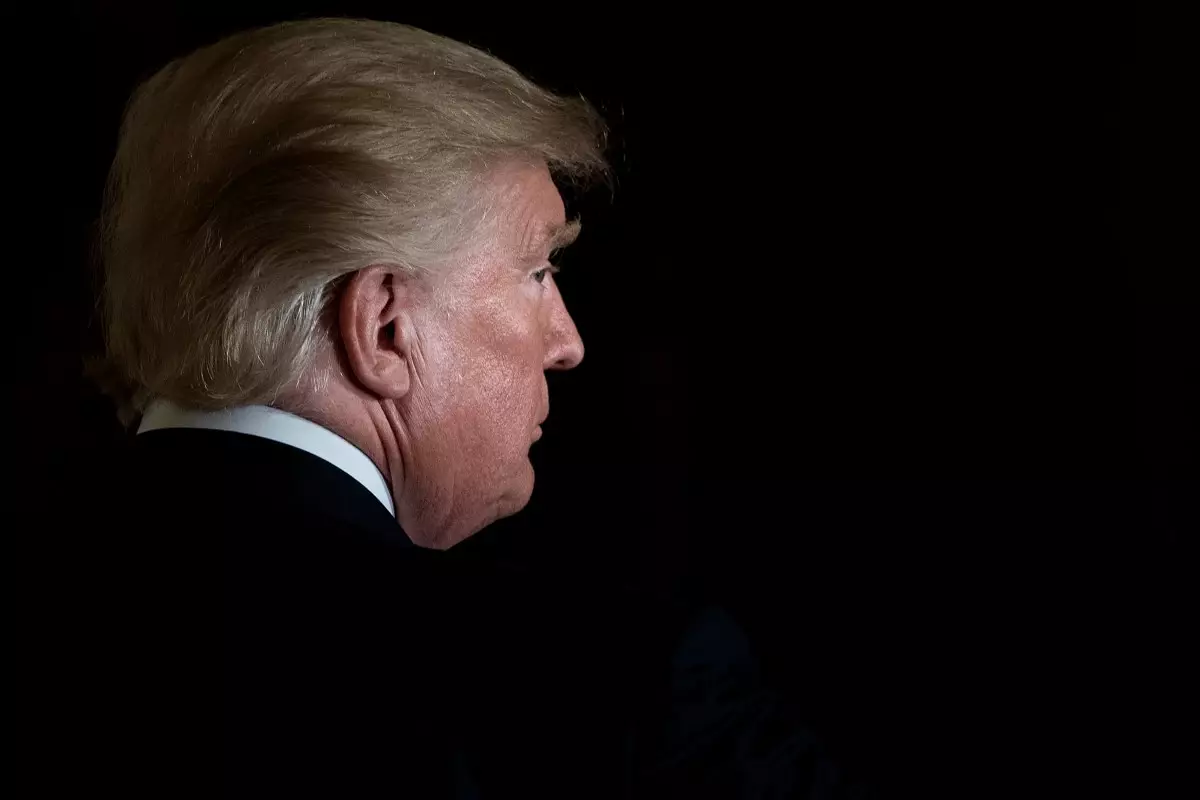The recent dismissal of Shira Perlmutter from her position as the head of the U.S. Copyright Office by President Donald Trump has sent shock waves through the creative and technological communities. This move, perceived by some as a blatant power grab, raises significant concerns about the future of copyright law, especially as it relates to advancing technologies like artificial intelligence (AI). Perlmutter’s departure, following Trump’s controversial a day after her refusal to endorse the digital copyright exploitation by tech moguls, illustrates a disconcerting trend where political motives may interfere with critical legal structures designed to protect intellectual property rights.
Congressional representative Joe Morelle described the firing as not only shocking but a reckless move that lacks any legal justification. This statement highlights the friction between politics and the rightful governance of new technologies that challenge traditional frameworks. Critics argue that such dismissals can undermine institutional integrity and are detrimental to the balance necessary to encourage innovation while protecting creators’ rights.
The AI Dilemma: Copyright Law Under Siege
The intersection of copyright law and AI technology has become a controversial battleground in recent years, with companies eager to exploit vast databases of content for machine learning. The U.S. Copyright Office recently released a report probing into this subject, emphasizing the need for cautious guidelines surrounding “fair use.” While the report does not render decisive rulings on individual cases, it paints a picture of a legal landscape that is ripe for debate, particularly between creators and tech companies that argue for more freedom through expansive interpretations of fair use.
The report asserts that utilizing copyrighted material to create commercial products—especially when it competes directly with original works—pushes the boundaries of fair use. Given that the AI sector is burgeoning, this assertion signifies an urgent need for licensing frameworks. Without them, creators could find their intellectual property stripped away, leaving them inadequately compensated or unrecognized for their contributions.
The Role of Government: A Call for Response
While the Copyright Office’s recent report acknowledges the complexities involved in balancing innovation and copyright protections, it also expresses caution against hasty government intervention. The recommendation for developing licensing markets where content creators can negotiate access could empower creators and tech companies alike. Such systems may level the playing field, permitting AI developers to innovate without infringing upon the rights of content originators.
Yet there’s a palpable fear that without regulation, tech giants might prioritize profit over creators’ rights and descend into ethically ambiguous territories. The necessity for government action here cannot be overstated. By facilitating constructive dialogue between stakeholders—tech innovators, creators, and legal experts—the government has the potential to cultivate an ecosystem where creativity flourishes rather than falters.
The Stakeholders: Who Wins, Who Loses?
The roles played by individuals like Elon Musk exemplify the intricate dynamics at work. Musk, having the unique position of leading multiple ventures, from OpenAI to xAI, needs to be cognizant of his dual identity as both innovator and stakeholder in this unfolding drama. As companies navigate copyright challenges and lawsuits related to content usage, the discourse must encompass the ethical implications of AI in relation to creativity.
The consequences of these developments are dire for independent creators, who often lack the resources to defend their rights against powerful corporations. The dichotomy of profits gained from AI development versus the potential erasure of human creativity poses an ethical conundrum. The responsibilities of this emerging technology must be weighed against respect and compensation for those whose voices shape our cultural landscape.
Looking Forward: A Progressive Shift in the Copyright Space
In this evolving scenario, there is an opportunity for a paradigm shift towards a more supportive structure for creators in the digital landscape. The need for alternative licensing strategies, such as collective licensing, could be instrumental in setting forth a framework conducive to both innovation and protection of rights. As this debate unfolds, it will be crucial for all parties involved to engage collaboratively to define the future of creativity in the age of AI.
In a world increasingly dominated by technology, the call for an accountable, innovative, and fairer copyright system has never been more urgent. With an informed and empowered approach, it is possible to carve a path that honors both the legacy of creative expression and the promising frontier of artificial intelligence.

